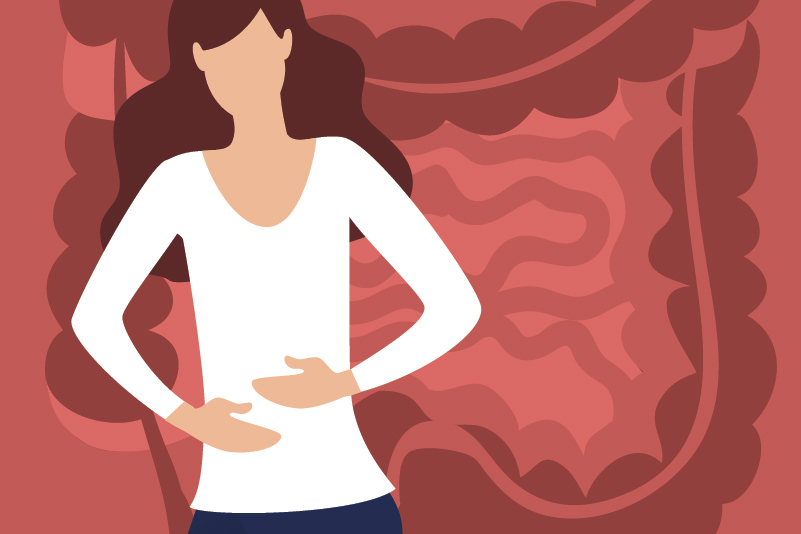#142 The Low FODMAP Diet: Food for thought or just an irritable idea?

Reading Tools for Practice Article can earn you MainPro+ Credits
Join NowAlready a CFPCLearn Member? Log in
- Symptoms of abdominal pain1-3 and bloating1-2
- Quality of life - small to moderate effect3
- Global IBS symptoms4: 28% had ongoing symptoms vs 59% control, NNT 4
- Severity of symptoms2
- Limitations: short follow-up (range: 10 days – 3months); small number of trials. Poor use of statistics (eg. odds ratios (without event rates) and/or standard mean differences) limit clinical interpretation of data.
- 500-point symptom scale (minimal clinically important difference=50):7
- Low FODMAP diet improved ~150 points, probiotic ~80, normal diet ~30 points.
- Sub-group analysis: Only diarrhea patients improved.
- Limitations: Pre-enrollment investigations: colonoscopy, genetic lactase deficiency testing; per-protocol analysis.
- Cohort studies demonstrate LFD benefit2,8 but IBS patients have high placebo response rate9 (even when told getting placebo).10
- IBS guidelines suggest offering patients a “low Fodmap diet trial.”11,12 Adherence to the diet13 is approximately 40%.
- Patients who initially improve on LFD, worsen with reintroduction of fructose or fructans.14
- Low FODMAP diet is restrictive, limiting many fruits, dairy products, wheat, legumes, and artificial sweeteners.15 Examples available online.15















this type of diet is restrictive and may interfere with proper nutrition.